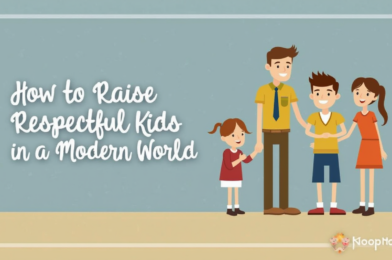Family game nights have become a cherished tradition in many households, bringing laughter, friendly competition, and quality time to families. In our fast-paced and digitally-driven world, carving out dedicated moments to connect with loved ones has never been more crucial. Amidst hectic schedules and varying interests, a simple game night can work wonders to strengthen family bonds and create lasting memories.
The beauty of game nights lies in their ability to cater to all ages and personalities. From classic board games like Monopoly and Scrabble to modern favorites such as Pictionary and Charades, there’s a game for every family to enjoy. The act of gathering around a table, rolling dice, and strategizing moves provides a unique and engaging environment for family bonding. It encourages conversation, fosters teamwork, and allows family members to learn more about each other’s personalities and quirks.
What’s more, game nights offer an opportunity for families to unplug from the digital world and engage in face-to-face interaction. In today’s age, where screens often dominate our free time, these offline experiences are invaluable. They allow family members to disconnect from social media, video games, and other digital distractions and instead focus on each other. It’s a chance to be fully present, listen to one another, and create shared experiences that strengthen family ties.
During game nights, laughter and friendly banter fill the room, creating a lighthearted and joyful atmosphere. These moments not only enhance family relationships but also contribute to overall well-being. Laughter has been proven to reduce stress, boost mood, and strengthen the immune system, making game nights a fun way to improve family members’ physical and mental health.
Moreover, family game nights offer valuable life lessons in a fun and engaging context. Through games, children and adults alike can develop essential skills such as problem-solving, decision-making, and strategic thinking. They learn to take turns, handle wins and losses gracefully, and manage their emotions during the highs and lows of gameplay.
Game nights also provide an opportunity for families to create their own unique rituals and traditions. Whether it’s a special snack that is only served on game nights, a specific playlist of music, or a designated game night leader, these traditions add depth and meaning to the experience.
In addition, game nights can accommodate families of all sizes and dynamics. For larger families, games can be an opportunity to bring everyone together, regardless of age gaps. For smaller families or those with busy schedules, game nights can be a weekly or monthly event, eagerly anticipated by all. The flexibility of game choices and formats means that families can tailor their game nights to suit their needs and preferences.
In today’s fast-paced world, where families often struggle to find quality time together, game nights offer a simple yet powerful solution. They provide a dedicated space for families to connect, communicate, and create lasting memories. So, dust off those board games, gather your loved ones, and embark on a journey of laughter, learning, and love through family game nights. It’s a simple yet profoundly impactful way to strengthen the bonds that matter most.
So, gather your crew, set up the game board, and get ready for an evening of fun and togetherness. Family game nights are not just about winning or losing but about creating a space where everyone feels valued and connected. In the end, it’s not the score that matters but the memories made and the love shared.









